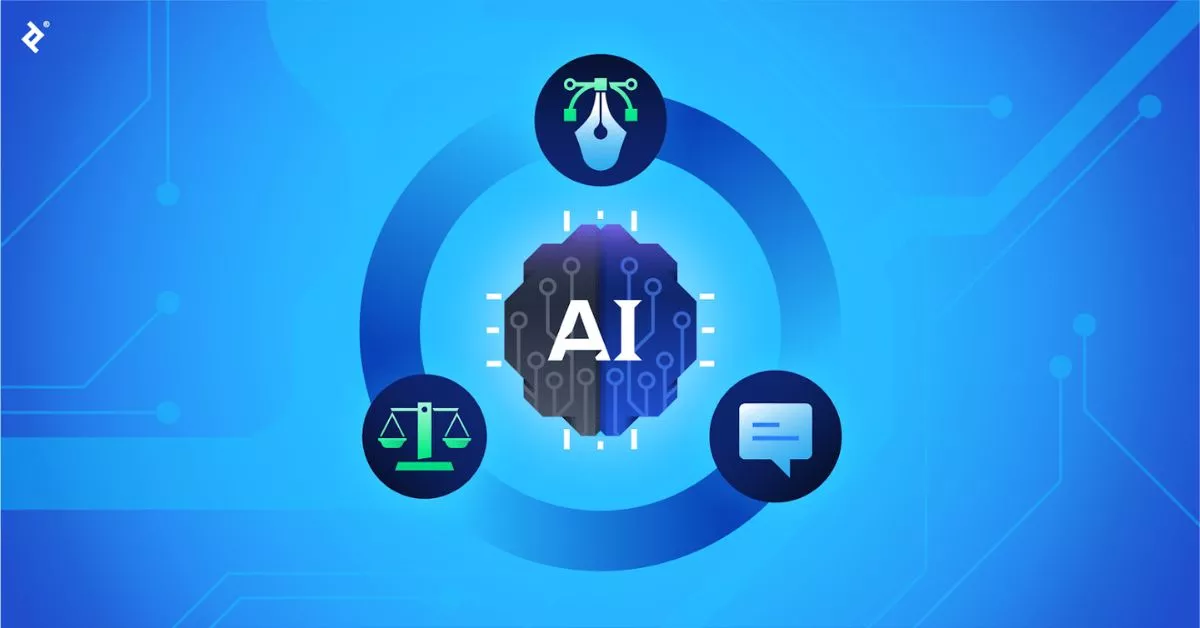In an era where artificial intelligence (AI) is reshaping industries, Adobe’s commitment to developing non-exploitative AI technologies is setting a new standard for ethical innovation in the tech world. This strategic focus not only underscores Adobe’s dedication to responsible AI use but also showcases how ethical considerations can drive technological advancement, customer trust, and ultimately, business success.
This exploration delves into the facets of Adobe’s AI strategy, its implications for the industry, and the tangible benefits it brings to the company and its stakeholders.
Adobe’s AI Vision: Ethics at the Forefront
Adobe’s journey into AI, primarily through its Adobe Sensei platform, reflects a deep commitment to harnessing the power of AI in enhancing creativity, driving productivity, and delivering personalized experiences. However, what sets Adobe apart is its emphasis on developing AI technologies that respect user privacy, ensure data security, and promote fairness and transparency.
This ethical AI framework is not merely a compliance checklist but a core part of Adobe’s innovation DNA.

Key Components of Adobe’s Non-Exploitative AI Strategy
1. Privacy and Data Security
Adobe has taken significant steps to ensure that its AI-powered tools and applications prioritize user privacy and data security. By implementing robust data protection measures and giving users control over their data, Adobe reinforces its commitment to privacy as a fundamental right.
2. Fairness and Inclusivity
Understanding the risks of AI bias, Adobe actively works on algorithms that are fair and inclusive. This involves continuous testing and refinement to minimize bias in AI models and ensure that Adobe’s technologies are accessible and beneficial to a diverse user base.
3. Transparency and Control
Adobe advocates for transparency in AI, providing users with clear information about how AI technologies are used in its products. Moreover, Adobe emphasizes giving users control over AI-driven features, allowing for a customized and informed experience.
4. Collaboration and Governance
Adobe engages with industry partners, academia, and policymakers to foster a collaborative approach to ethical AI development. Through its participation in AI governance initiatives, Adobe contributes to shaping global standards and practices for responsible AI use.
The Business Impact of Ethical AI
Adobe’s ethical AI strategy is not only a moral choice but a strategic business decision that has yielded significant benefits.
Enhanced Innovation and Product Development
By embedding ethical considerations into the development process, Adobe has been able to innovate in ways that align with user needs and societal values. This has led to the creation of cutting-edge, user-centric AI features across Adobe’s product suite, from Photoshop to Adobe Analytics.
Building Customer Trust and Loyalty
In a landscape where consumers are increasingly concerned about AI and data privacy, Adobe’s commitment to non-exploitative AI practices has been a key factor in building and maintaining customer trust. This trust translates into customer loyalty, a critical asset in the competitive tech industry.
Differentiation in the Market
Adobe’s ethical AI stance differentiates it from competitors, positioning the company as a leader in responsible technology use. This distinction not only enhances Adobe’s brand reputation but also attracts customers and partners who prioritize ethical considerations in their technology choices.
Fostering Regulatory Compliance and Leadership
As governments around the world introduce regulations to address AI ethics, Adobe’s proactive approach positions it well ahead of compliance requirements. Additionally, Adobe’s leadership in ethical AI sets a benchmark for the industry, influencing broader practices and standards.

Conclusion
Adobe’s strategic bet on non-exploitative AI underscores a pivotal truth in the digital age: that ethical considerations and technological advancements are not mutually exclusive but are complementary forces driving sustainable success. Adobe’s approach demonstrates how companies can lead with ethics in AI development, fostering innovation that respects user rights, promotes inclusivity, and builds trust.
As Adobe continues to pave the way in ethical AI, it serves as a beacon for the tech industry, illustrating that the future of technology is not just smart but also responsible.
